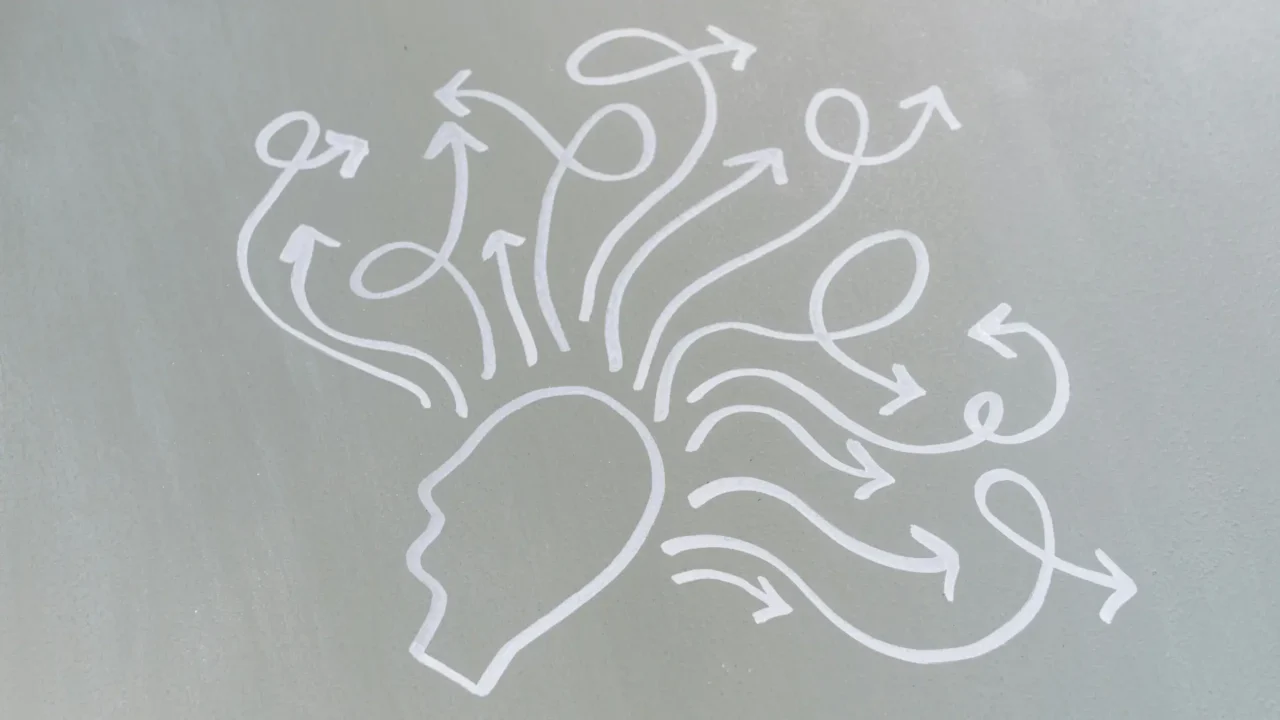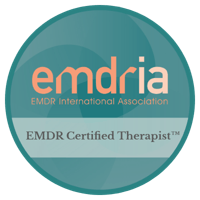ADHD (Attention-Deficit/Hyperactivity Disorder) is a complex neurodevelopmental condition that affects how the brain regulates attention, activity levels, impulses, and emotions. While ADHD is not caused by nervous system dysregulation, the two are deeply connected. In fact, many of the hallmark symptoms of ADHD—like restlessness, difficulty focusing, emotional outbursts, and mental fatigue—are signs of a nervous system that struggles to stay balanced.
So, is ADHD just a dysregulated nervous system? The short answer is no—ADHD is a distinct condition with its own neurological roots—but nervous system dysregulation plays a powerful role in how ADHD is experienced and managed. For many individuals, regulating the nervous system is a key piece of improving attention, reducing emotional overwhelm, and navigating daily life more effectively.
The Connection Between ADHD & Nervous System Dysregulation
ADHD and nervous system dysregulation share overlapping features. Many of the behavioral and emotional patterns seen in ADHD can be understood through the lens of a nervous system that is frequently stuck in states of overactivation or shutdown.
Hyperactivity & Impulsivity
The fight-or-flight response, activated by the sympathetic nervous system, is designed to mobilize energy and prompt quick action. In individuals with ADHD, this response may be triggered more often or more intensely, resulting in impulsive behavior, hyperactivity, and restlessness. Their nervous system is often “on,” leading to a constant state of internal agitation.
Difficulty Focusing
The brain’s ability to regulate attention relies on healthy nervous system function. When the nervous system is dysregulated, it can be difficult to filter distractions or prioritize tasks. ADHD brains may hyperfocus on something interesting or fail to focus at all, especially during mundane or stressful tasks. This often results in frustration and self-doubt.
Emotional Sensitivity & Dysregulation
Many people with ADHD report experiencing emotions more intensely than others. Emotional reactions may feel bigger, last longer, and be more difficult to manage. This is partially due to the nervous system’s heightened sensitivity to stress and stimulation. A small criticism or unexpected change can send someone with ADHD into an emotional spiral, especially when the nervous system is already overwhelmed.
Overstimulation & Burnout
The ADHD brain processes sensory input differently, making it easier to become overstimulated in environments that are loud, busy, or chaotic. Over time, this sensory overload can lead to mental exhaustion or emotional shutdown—a freeze response from the parasympathetic nervous system. This pattern can contribute to burnout, difficulty completing tasks, and a sense of feeling “checked out.”
Why Nervous System Regulation Matters for ADHD
While ADHD is not caused by trauma or dysregulation alone, the presence of a chronically dysregulated nervous system can worsen symptoms and impair functioning. Many individuals with ADHD also have histories of stress, trauma, or high emotional sensitivity, which further dysregulate the system. Learning to regulate the nervous system can help improve clarity, reduce impulsive reactions, and increase resilience.
How EMDR Therapy Can Support ADHD & Nervous System Regulation
Eye Movement Desensitization and Reprocessing (EMDR) is best known as a trauma therapy, but its ability to calm the nervous system and process emotional overload makes it a supportive tool for individuals with ADHD—especially those who struggle with emotional reactivity, overwhelm, or low self-worth.
Processes Past Stressors That Trigger Emotional Dysregulation
Many people with ADHD have experienced repeated failure, shame, or rejection, especially in academic or social settings. EMDR helps process these painful memories and the negative beliefs that come with them—like “I’m lazy,” “I can’t focus,” or “Something is wrong with me.”
Reduces Overwhelm & Improves Focus by Calming the Nervous System
By helping the brain reprocess stored stress and calm the fight-flight-freeze response (see how EMDR affects the brain), EMDR creates more internal space for focus, decision-making, and emotional balance.
Supports Emotional Resilience & Self-Regulation
Over time, EMDR strengthens the brain’s capacity to manage intense emotions. Clients often report fewer emotional outbursts, improved frustration tolerance, and greater confidence in navigating daily life.

ADHD Isn’t a Character Flaw—It’s a Brain Difference
Understanding the nervous system’s role in ADHD can help reframe self-judgment into self-compassion. It’s not about trying harder—it’s about giving your brain and body the regulation tools they need to function effectively.
I offer EMDR therapy to help individuals with ADHD improve nervous system regulation, process emotional stress, and build confidence in who they are.
💡 Struggling with emotional dysregulation or ADHD symptoms? You’re not alone—and you’re not broken.
📍 In-person sessions available in Monroe, NC and the Charlotte, NC metro area.
🌐 Virtual sessions offered in NC, SC, TN, OK, CO, OR, and VT.
➡️ Learn more at www.elnitaottey.com or find a certified EMDR therapist at www.emdria.org.








